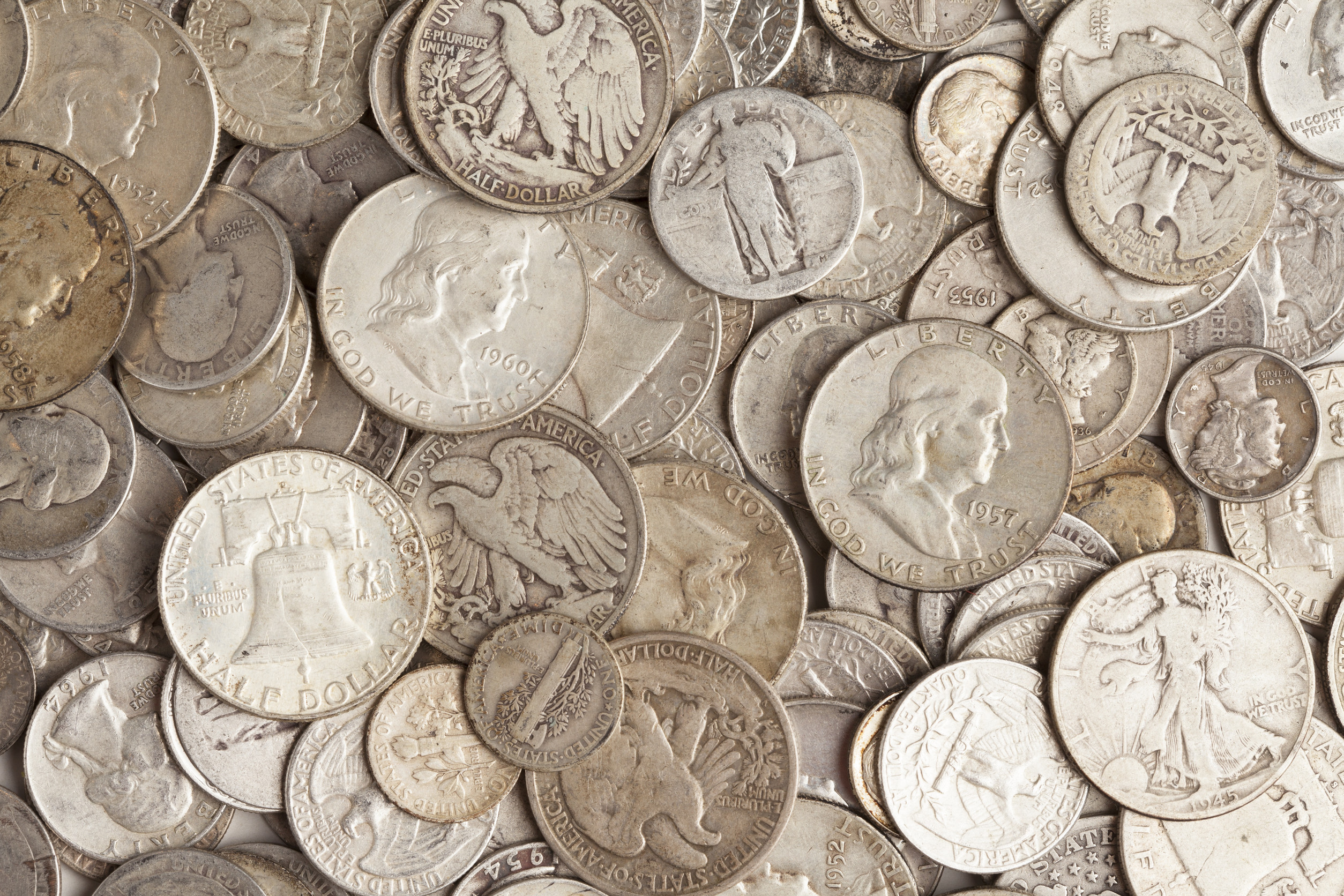In a society that worships hustle culture and financial independence, being broke is often viewed not just as a circumstance but as a character flaw. People assume that if you’re struggling, it must be because you’re lazy, reckless, or irresponsible. They don’t see the system. They don’t see the trade-offs. They don’t see the impossible math.
In truth, many behaviors labeled as “bad money habits” are often simply survival strategies. They’re not the result of poor planning but the consequence of not having enough to plan with in the first place. When you’re broke, your options are limited. Your decisions are short-term because they have to be. And those decisions, while judged harshly from the outside, often reflect an exhausting, daily effort just to stay afloat.
Let’s unpack five of the most common things broke people do out of necessity—actions frequently misread as signs of irresponsibility when they’re actually evidence of systemic pressure and financial survival.
1. Relying on High-Interest Credit Cards or Payday Loans
From the outside, racking up credit card debt or using payday loans looks irresponsible. “Why would someone borrow money at 400% interest?” critics ask. But when you’re broke, and rent is due, or your car breaks down, and you don’t have $500 to your name, you don’t have time to shop for a better rate. You have to solve the problem now, not next month.
Credit becomes the only lifeline when savings are nonexistent and emergencies aren’t rare. They’re constant. And for many people living paycheck to paycheck, the choice isn’t between smart debt and bad debt. It’s between taking on expensive debt or losing your job because you couldn’t fix your car, keep the lights on, or buy the uniform your kid needs for school.
2. Buying Cheap Instead of Buying Smart
One of the most common pieces of advice in personal finance is: “Buy quality so you don’t have to replace it.” But that assumes you have the money to make the upfront investment. When you’re broke, you buy what you can afford right now. That might mean a $30 pair of shoes instead of the $100 pair that would last longer. It might mean cheap furniture that breaks, discount appliances that die, or fast food because it’s cheaper than groceries that require a full kitchen and time to prep.
What looks like poor planning is actually a direct result of cash flow limitations. The “cheaper over time” logic only works when you can survive the more expensive moment. Broke people are constantly stuck in the high-cost cycle of low-cost choices—not because they’re unaware, but because they can’t afford the luxury of foresight.
3. Skipping the Doctor (or the Dentist)
Not going to the doctor when you’re sick or avoiding regular checkups is often misread as neglect or denial. But healthcare, even with insurance, is still financially out of reach for many. High deductibles, co-pays, missed work hours, and prescription costs turn routine medical care into a luxury.
The same goes for dental care. Many people avoid it altogether until the pain becomes unbearable, not because they don’t care about their health but because they’re forced to weigh it against rent, food, or childcare.
When your budget is stretched to the breaking point, wellness becomes negotiable. It’s not a lack of responsibility. It’s the brutal math of poverty.

4. Making Financial Decisions That Prioritize Today Over Tomorrow
From the outside, it might look shortsighted when someone chooses to spend $20 on takeout instead of groceries for the week or skips paying a bill to buy something small and seemingly unnecessary. But when life is a constant stream of stress, uncertainty, and exhaustion, a moment of relief isn’t a luxury. It’s a coping mechanism.
Living in survival mode means making decisions that prioritize immediate needs—physical, mental, and emotional. A small treat, a dinner out, or a toy for a child can offer brief relief in an otherwise relentless life. And that relief can be the difference between holding it together and completely unraveling.
It’s easy to criticize these choices as wasteful from a position of comfort. But in the trenches of poverty, sometimes the thing that seems financially unwise is emotionally essential.
5. Moving Frequently or Living with Family Long-Term
People often judge those who “bounce around” from home to home or live with extended family into adulthood. It’s viewed as instability or failure to launch. But in reality, housing is one of the biggest burdens low-income people face. When rent takes up 50% or more of your income, staying in one place can be nearly impossible.
Moving in with family isn’t always about freeloading. It’s about survival. It’s a way to pool resources, care for relatives, and avoid homelessness. And frequent moves? Often, it’s not about choice at all. It’s about evictions, rising rent, or landlords refusing to renew leases.
This isn’t a refusal to be independent. It’s doing whatever it takes to stay housed. In many cases, it’s the only rational option available.
The Reality Behind the Judgment
Society loves to frame poverty as a personal failing rather than a systemic one. That’s how we justify the lack of safety nets, rising costs of living, stagnant wages, and crushing medical debt. It’s easier to say someone’s “bad with money” than to admit the system is rigged against them.
But if you look closely, the behaviors that are so often judged as lazy or irresponsible are actually deeply practical. They’re resourceful. They’re resilient. They’re responses to conditions most people criticizing them have never experienced firsthand.
Financial decisions don’t happen in a vacuum. They happen in a context shaped by race, gender, zip code, job access, childcare, education, and more. Until we address those root causes, broke people will continue to be misread—punished not just by poverty itself but by the stigma attached to it.
What’s one “bad money habit” you’ve seen that might actually be a survival strategy in disguise?
Read More:
Scarcity Mindset Is Making You Broke—Here’s How to Escape It
8 Budgeting Tips That Don’t Work If You’re Actually Broke
Riley is an Arizona native with over nine years of writing experience. From personal finance to travel to digital marketing to pop culture, she’s written about everything under the sun. When she’s not writing, she’s spending her time outside, reading, or cuddling with her two corgis.
Read the full article here














